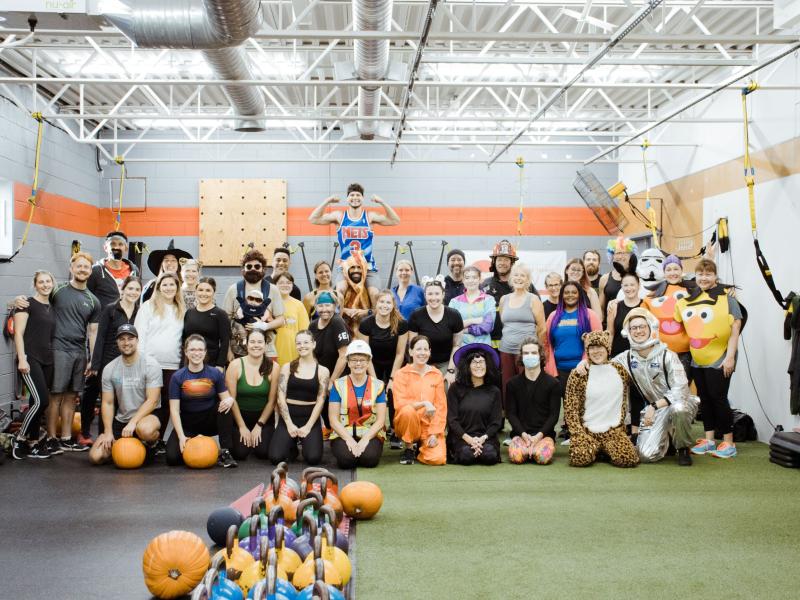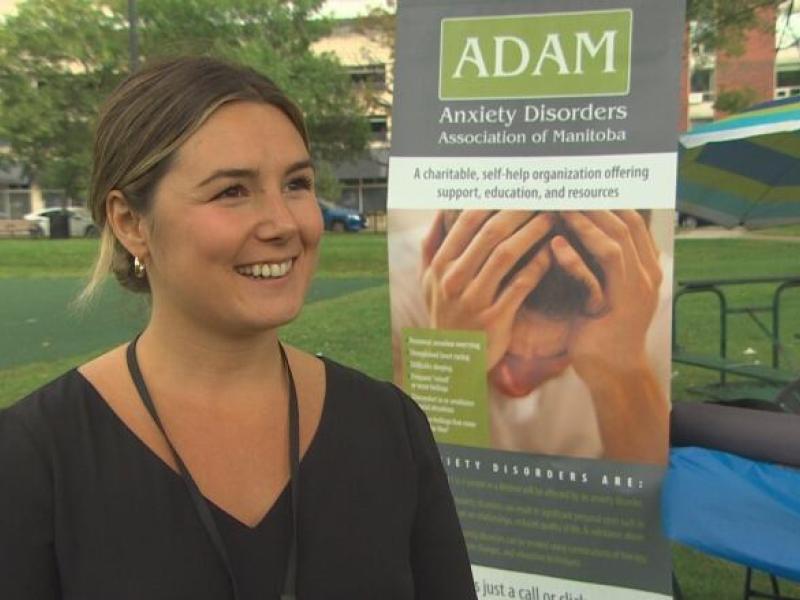Emotional Contagion and the COVID-19
ANXIETY, SELF DEVELOPMENT, STRESSBy Dr. Barbara Ford Shabazz
If you’re concerned about your health and safety, you should be. It’s human. But be cautious that your anxiety isn’t playing into a psychological phenomena.
At this point, many of us could probably be employed as reporters to give detailed updates on the coronavirus. The informal running commentary, coupled with witnessing the headlines that stimulate emotions and related behaviors from others, can directly trigger similar emotions and behaviors in us. This is known as ‘EMOTIONAL CONTAGION’. Just like the spread of a virus, we can ‘catch feelings’. Emotions, both positive and negative, actually spread like viruses, whether or not we intend for them to.
When you’re surrounded by people who are scared, frightened, and desperate there is a tendency to be negatively affected with those same thoughts and feelings. The phenomenon surrounding the reactions to the news headlines illustrates the importance of being aware of and managing our emotions. While it’s normal to be cautious, not burying your head in the sand…”I stressed out, and that solved the problem!”…said no one ever. You can exercise emotional intelligence at this time by:
Recognizing your risks:
Are you immunocompromised? Have you been around people who are symptomatic? If you can answer, “No” to both of those questions, why not shift the energy to doing your normal due diligence (ex. washing your hands, cleaning your phone, traveling smart) consistently.
Relinquishing control:
Part of the stress is always the unknown. But since we can’t predict the future, we have to be okay with planning/forecasting the best we can, and leaving room to adapt with the changes that could come. We prepare by not going overboard, but by doing things like making sure we have a little extra, getting the travel insurance, being flexible with our objectives, and staying open to cancellations and rescheduling. Again, blowing your top is not an effective coping mechanism.
Knowing your triggers:
If it’s people, limit your time. If it’s media, take what you need without ruminating, speculating, and expecting the worst. Remember that the media is all about a sensational cycle…don’t get stuck in the loop.
Being smart:
As humans, we’re wired for survival. If someone around you is sick, coughing, or spreading germs in an obvious way, while you don’t have to be rude, this is not the time to ‘be nice’ because you don’t want to hurt someone’s feelings. Give yourself permission to step away and let your fight or flight mechanism kick in, as kindly as possible, to protect yourself from unwanted exposure.
Sticking to the facts:
Rely on science, not opinions, stereotypes, and assumptions. My good friend who is a medical school librarian sent me this up-to-the minute resource, for clients with questions: Home – Coronavirus Disease 2019 (COVID-19)
We’ve been here before, and we got through it. This too shall pass. Don’t forget to employ the strengths you used in the past to peacefully navigate this storm. Be intentional about ‘infecting’ others in a constructive way.



